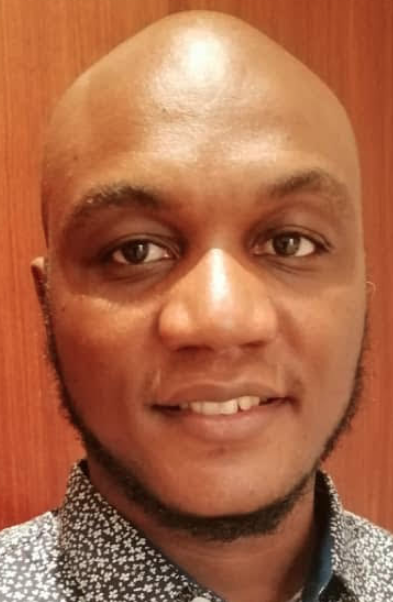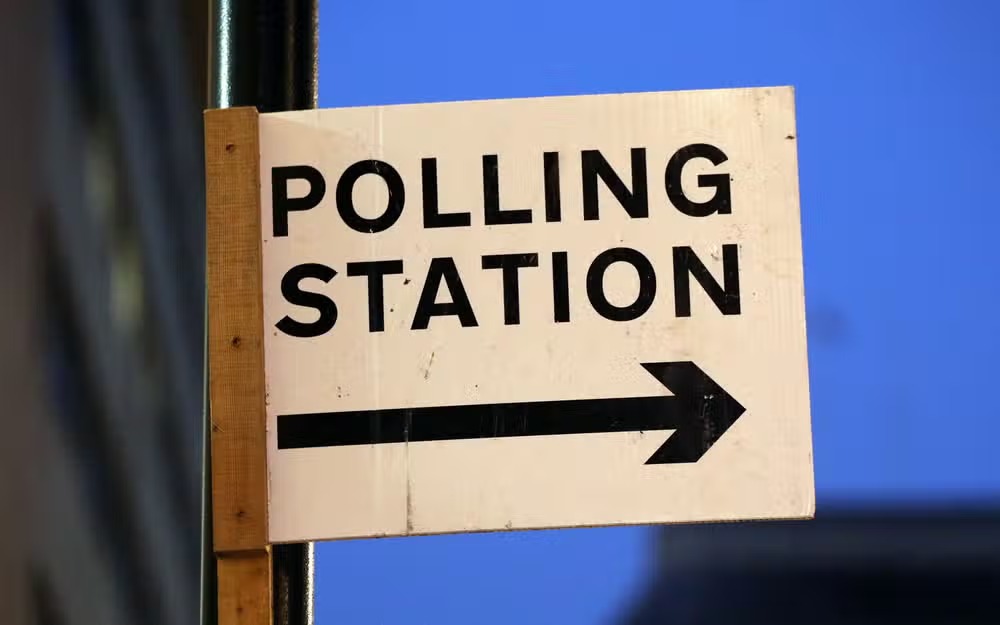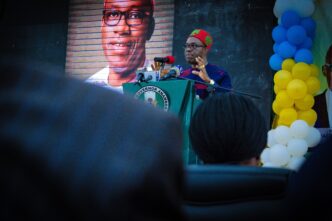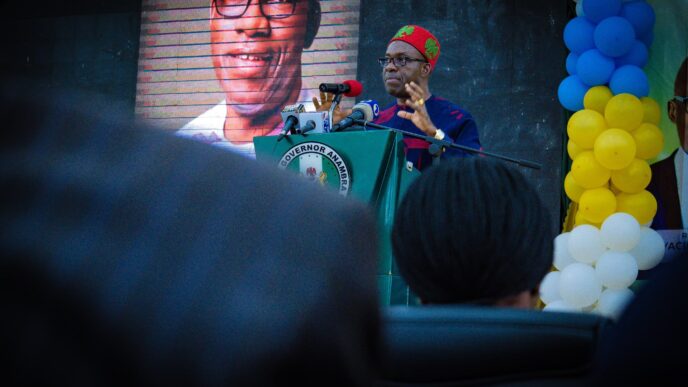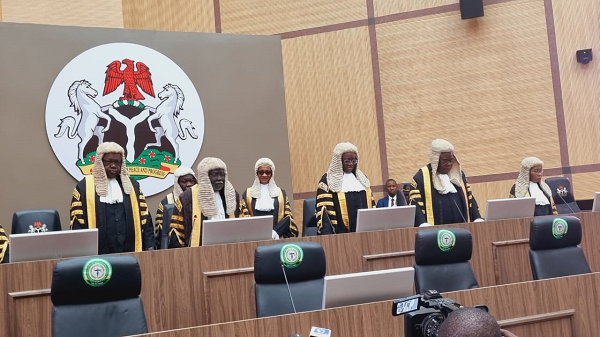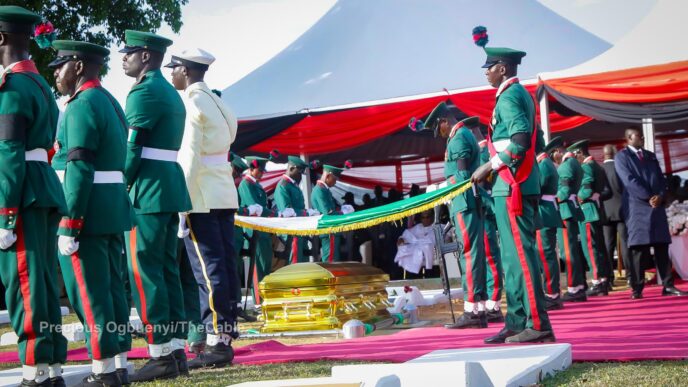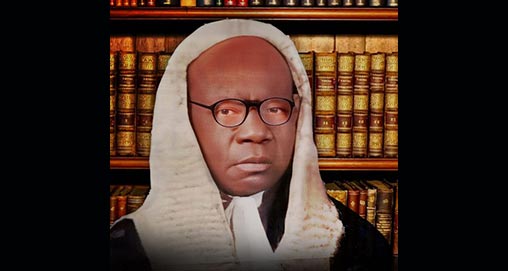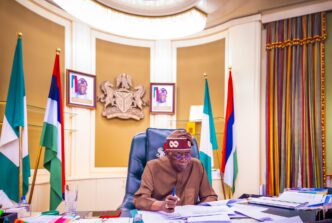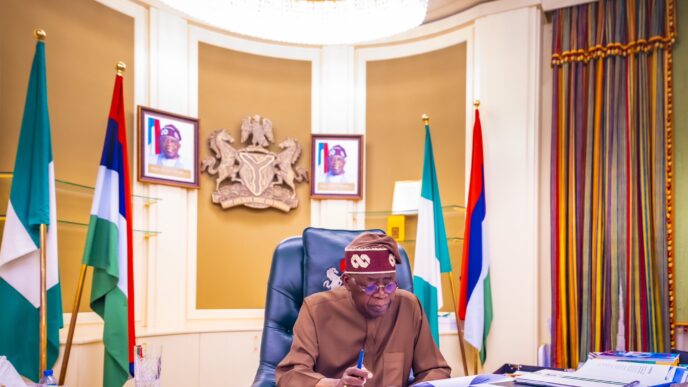Let me start with a confession – I have never been a fan of opinion polls, especially when it comes to elections. The recent victory of Donald Trump in the US presidential election has once again exposed the fallibility of these so-called scientific predictions that pollsters love to throw around.
By 5:38, The Economist, and virtually every major polling organisation had Kamala Harris leading Trump. Some even proclaimed it with mathematical certainty, brandishing sophisticated models and complex algorithms. Well, how did that work out? The election turned out to be one of the most lopsided victories in recent US history, making these pollsters look like apprentice fortune-tellers at a village fair.
Come to think of it, why do we still put so much faith in these polls? Is it because they come wrapped in fancy statistical jargon? Or is it because they give false hope to candidates and their supporters? The truth is that polls have consistently failed to capture the real mood of the electorate, especially in this age of social media bubbles and echo chambers.
But before we start pointing fingers at American pollsters, let’s look in our own backyard. Remember how the polls overwhelmingly predicted Peter Obi would win Nigeria’s last presidential election? The same Peter Obi who finished third? I hate to say I told you so, but I’ve been saying this for years – polls are not an effective way of gauging a candidate’s popularity, especially when that candidate is a social media darling.
Advertisement
The recent Edo gubernatorial election provides yet another example of this polling fallacy. The Labour Party’s Barrister Olumide confidently cited polls showing him as the projected winner. Surprise, surprise – he finished third. When will these politicians learn that Twitter trends and Facebook likes don’t translate to actual votes? It’s like measuring the depth of an ocean with a ruler.
Trust me, I understand the allure of polls. They provide a sense of certainty in an uncertain world. They give campaign managers something to wave at donors. They give journalists something to write about. But at what cost? At what point do we admit that these polls are doing more harm than good to our democratic process?
But let’s shift gears to something more serious – something that keeps me awake at night. The emergence of a new terrorist group in Sokoto and Kebbi states. Just when we thought we had our hands full with Boko Haram in the northeast and bandits in the northwest and north-central, here comes another group calling themselves Lakurawa, already leaving a trail of blood with 15 dead in Kebbi state.
Advertisement
Do you know what’s most frightening about this? It’s not just the emergence of another terrorist group – it’s the predictable response from our security apparatus. The same old script, the same tired lines, the same empty promises.
Enter Nuhu Ribadu, our national security adviser, According to him, we’re witnessing what he calls “Tinubu gains”. He claims we can now “move everywhere in our country today free of fear.” Really, Ribadu?
“Nobody ever dares Tinubu and wins,” Ribadu declares. Well, somebody should remind him that we’re not talking about political opponents here – we’re dealing with terrorists who have absolutely no regard for human life or governmental authority. This isn’t a party primary or a court case – it’s a matter of life and death.
The NSA goes further to claim that Boko Haram members are now fleeing to neighbouring countries because Nigeria is no longer conducive for their operations. Interesting narrative. But here’s what I want to know – if these terrorists are truly on the run, why are we still recording casualties? If they’re fleeing, why are communities still being attacked? If Nigeria is no longer conducive to their operations, why are we still discovering new terror cells?
Advertisement
Don’t get me wrong – I appreciate the NSA’s confidence. But we’ve heard similar tough talk before. Remember all those times we were told Boko Haram was “technically defeated”? Yet here we are, still counting casualties more than a decade later. It’s like watching a bad movie where you already know the ending.
What Nigerians want isn’t tough talk or grandiose promises. We want action. We want results. We want to see the back of terrorism like yesterday. We’ve suffered enough from these merchants of death who keep morphing into new groups with different names but the same deadly agenda.
The reality is that our security challenges require more than bombastic statements. They require intelligence gathering, community policing, border control, and most importantly, addressing the root causes of terrorism – poverty, unemployment, and lack of education. But these aren’t as headline-grabbing as declaring that “nobody has ever defeated Tinubu”.
So, Ribadu, while your confidence is admirable, perhaps it’s time to do less talking and more acting. Because at the end of the day, security isn’t measured by bold statements in air-conditioned conference rooms – it’s measured by the ability of ordinary Nigerians to sleep peacefully in their homes without fear of being the next headline in tomorrow’s newspapers.
Advertisement
From failed poll predictions to security challenges, one thing remains clear – we need less rhetoric and more action. Whether it’s pollsters making wild predictions or security chiefs making bold promises, the time has come to judge people solely by their results, not their words. Because in the end, that’s all that matters – results, not rhetoric; action, not announcements; reality, not ratings.
And for those still putting their faith in opinion polls – well, I have a bridge in Abuja I’d like to sell you.
Advertisement
Views expressed by contributors are strictly personal and not of TheCable.
Add a comment
